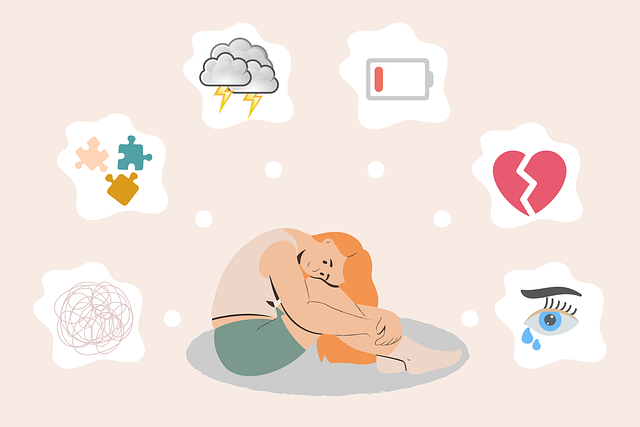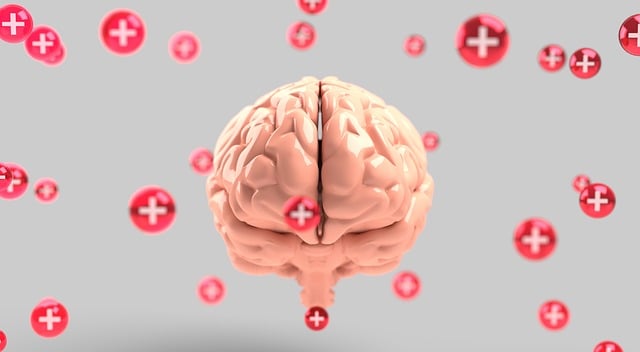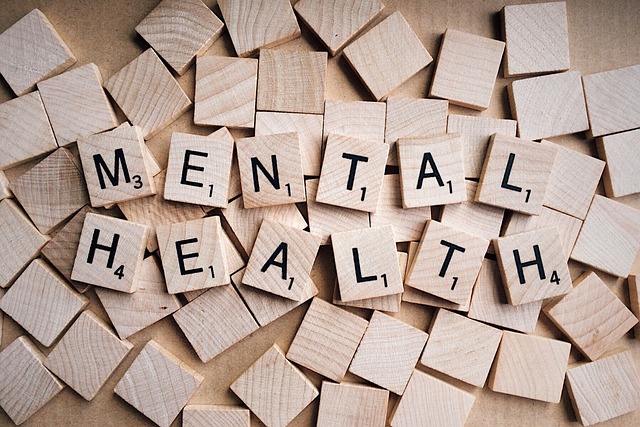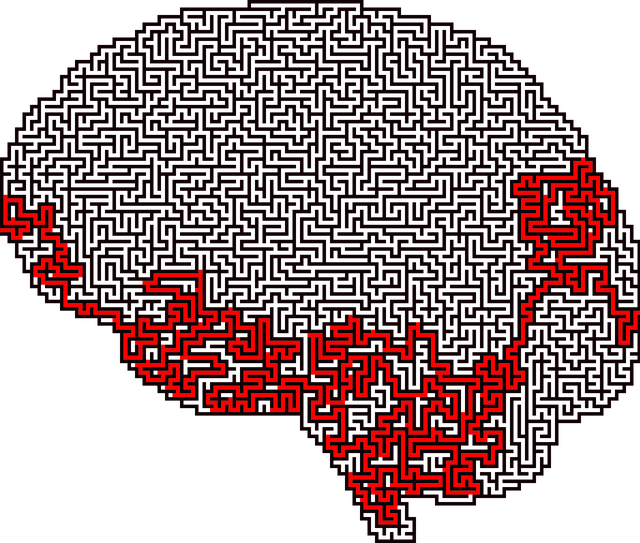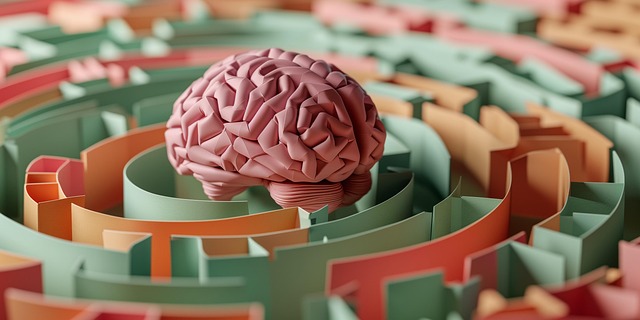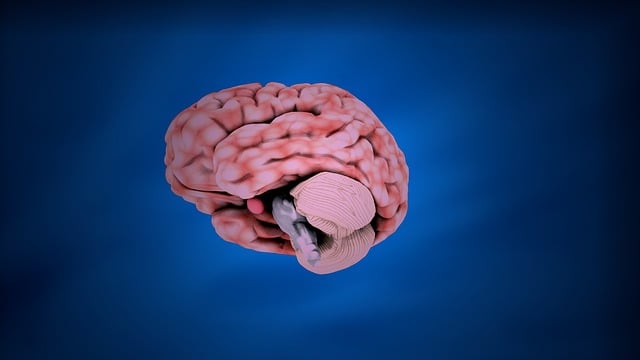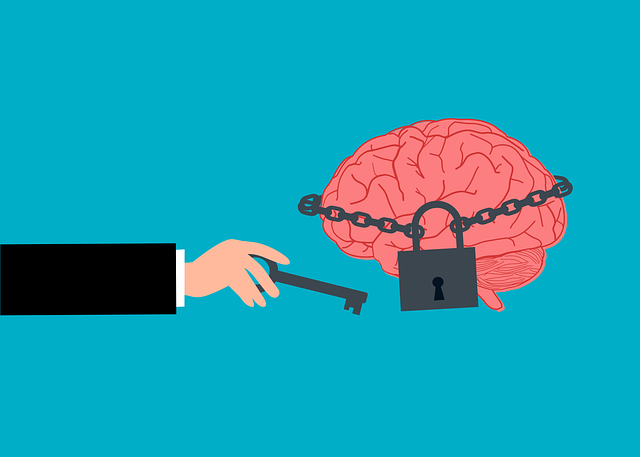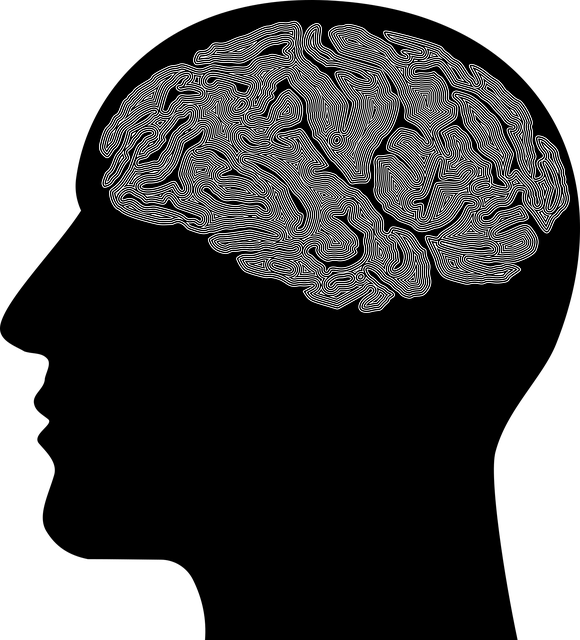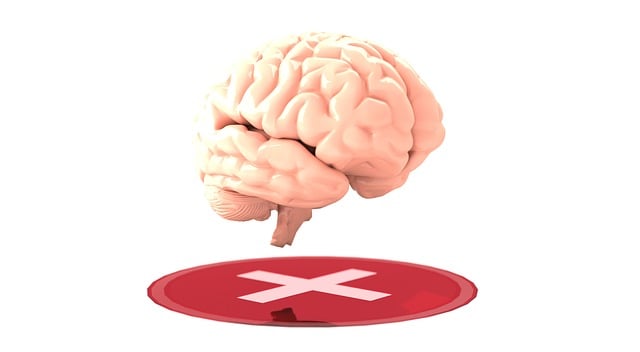Emotional intelligence (EI) is a vital asset for enhancing mental health and well-being, particularly within the context of Lafayette Drug Abuse-Substance Abuse Therapy. Developing EI involves recognizing personal emotional strengths and weaknesses through self-awareness, which leads to better stress management, resilience, and relationship building. Key components include empathy, improved communication strategies, and mindfulness techniques. By cultivating EI, individuals can navigate challenges more effectively, prevent burnout, and foster healthier mindsets, ultimately contributing to improved mental health outcomes, as emphasized by Lafayette Drug Abuse-Substance Abuse Therapy programs.
Emotional intelligence (EI) is a powerful tool for navigating life’s challenges and fostering healthy relationships. This article explores the multifaceted concept of EI, focusing on its profound impact on mental health. We’ll guide you through understanding your emotional landscape, identifying strengths and weaknesses in emotional regulation, cultivating self-awareness, empathizing with others, and offering practical strategies to enhance EI in daily life, all while addressing the pertinent issue of Lafayette Drug Abuse-Substance Abuse Therapy.
- Understanding Emotional Intelligence and its Impact on Mental Health
- Identifying Personal Strengths and Weaknesses in Emotional Regulation
- Developing Self-Awareness: The Foundation of Emotional Intelligence
- Enhancing Empathy: Walking in Others' Shoes
- Practical Strategies for Improving Emotional Intelligence in Everyday Life
Understanding Emotional Intelligence and its Impact on Mental Health

Emotional intelligence (EQ) is the ability to recognize and manage one’s own emotions, as well as understand and empathize with the emotions of others. It plays a significant role in promoting mental health and well-being, areas that Lafayette Drug Abuse-Substance Abuse Therapy focuses on. High EQ individuals are more adept at navigating challenging situations, regulating their emotional responses, and fostering healthy relationships, all of which contribute to better mental health awareness.
Developing emotional intelligence involves various communication strategies and emotional well-being promotion techniques. By enhancing these skills, individuals can improve their ability to connect with others, resolve conflicts, and build stronger social connections. This, in turn, can lead to reduced stress levels, improved resilience, and a greater sense of fulfillment, all essential components for maintaining and improving mental health.
Identifying Personal Strengths and Weaknesses in Emotional Regulation

Identifying your personal strengths and weaknesses when it comes to emotional regulation is a vital step in building emotional intelligence. This process involves self-awareness, a key component of emotional intelligence. By understanding your unique emotional responses, you can recognize patterns that lead to effective coping strategies or, conversely, areas where burnout prevention might be necessary. For instance, some individuals may possess a natural talent for managing stress through mindfulness practices, while others might struggle with regulating anger and require additional support from Lafayette Drug Abuse-Substance Abuse Therapy programs or community outreach initiatives aimed at Mental Illness Stigma Reduction Efforts.
This introspection allows individuals to address specific challenges, whether it’s learning new techniques to manage intense emotions or leveraging their strengths to enhance resilience. It’s important to remember that everyone has a unique emotional landscape; some may have developed effective strategies early in life, while others might be discovering these tools for the first time. By acknowledging both strengths and weaknesses, individuals can embark on a journey of personal growth, fostering better relationships and overall well-being.
Developing Self-Awareness: The Foundation of Emotional Intelligence

Developing self-awareness is a cornerstone of emotional intelligence (EI) and can significantly impact one’s overall well-being and relationships, especially in the context of Lafayette Drug Abuse-Substance Abuse Therapy. It involves recognizing and understanding your emotions, strengths, weaknesses, and how they influence your thoughts and behaviors. By cultivating this awareness, individuals can gain profound insights into their reactions to various situations, enabling them to make more thoughtful decisions. For instance, a person with strong self-awareness might recognize that they tend to react impulsively during conflicts, prompting them to employ conflict resolution techniques like active listening and mindful communication.
This heightened self-perception also facilitates personal growth. It allows individuals to identify patterns of behavior that may be hindering their relationships or professional success, such as social skills training or burnout prevention strategies for healthcare providers. Through introspection, one can develop a healthier mindset, enhance emotional regulation, and foster more meaningful connections with others.
Enhancing Empathy: Walking in Others' Shoes

Empathy is a cornerstone of emotional intelligence, enabling individuals to understand and share the feelings of others. Enhancing this skill can have profound effects on personal relationships and professional interactions. One powerful method to cultivate empathy is through the practice of walking in someone else’s shoes. This involves actively trying to see situations from their perspective, understanding their emotions, and recognizing their unique experiences.
In the context of Lafayette Drug Abuse-Substance Abuse Therapy, conflict resolution techniques and crisis intervention guidance can significantly benefit from this heightened sense of empathy. Therapists who can truly listen and empathize with their clients create a safe space for open communication, fostering mental wellness and supporting individuals in their journey towards recovery. By embracing diverse viewpoints, professionals can offer more tailored and effective support, ultimately enhancing the effectiveness of interventions.
Practical Strategies for Improving Emotional Intelligence in Everyday Life

Improving emotional intelligence (EI) is a powerful tool for enhancing daily life and well-being, especially relevant in fields like healthcare where stress and burnout are prevalent, such as in Lafayette Drug Abuse-Substance Abuse Therapy settings. Here are practical strategies to cultivate EI:
Engaging in regular self-care routine development for better mental health is foundational. This involves dedicating time to activities that reduce stress, increase mindfulness, and nurture emotional balance. Techniques like meditation, deep breathing exercises, or journaling can help individuals recognize and manage their emotions effectively. Additionally, fostering resilience building through structured practices enables professionals to navigate challenging situations with composure and adaptability. Burnout prevention strategies for healthcare providers are essential; setting clear boundaries, prioritizing self-care, and practicing effective communication can significantly enhance emotional intelligence in the workplace.
Emotional intelligence is a powerful tool for enhancing mental well-being and fostering healthier relationships. By understanding its impact on mental health, identifying personal strengths and weaknesses, developing self-awareness, enhancing empathy, and implementing practical strategies, individuals can significantly improve their emotional intelligence. These techniques, when applied consistently, can lead to better stress management, improved communication, and stronger connections with others. Incorporating these practices into daily life can transform challenges into opportunities for growth, ultimately contributing to a more fulfilling and balanced existence—a crucial aspect of addressing Lafayette Drug Abuse-Substance Abuse Therapy effectively.

